Education experts discuss how to boost school achievement in Sheffield
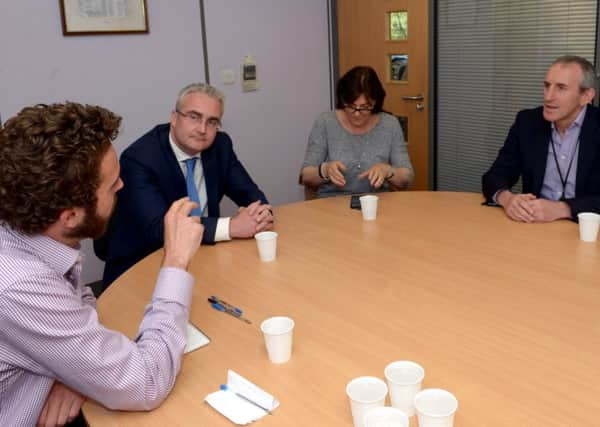

In the next stage of the campaign, representatives from Hallam University, Sheffield College, The University of Sheffield and an education expert have given their opinions on steps to improve attainment.
We launched the campaign amid MPs’ calls to end the ‘postcode lottery’ in education – where children in wealthier areas perform better in school than those in deprived areas.
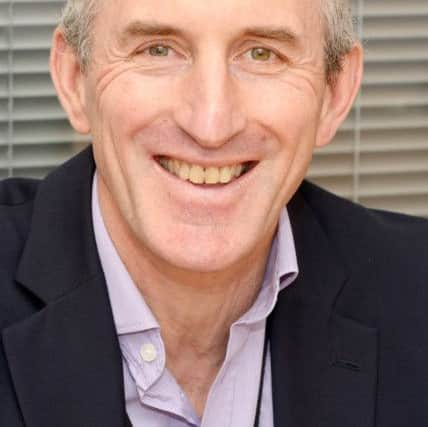

Advertisement
Hide AdAdvertisement
Hide AdAfter speaking with parents, teaching unions, Sheffield MPs and making several efforts to speak to city headteachers – who are too ‘gagged by fear to challenge the system – we spoke to experts.
Jason Pepper, executive director of finance and resources at Sheffield College:
“It’s not as clear cut as ending the postcode lottery. That would suggest it is random – which it certainly is not.
We shouldn’t focus to heavily on this perceived challenge, though, as you have schools in deprived areas of Sheffield doing fantastic things with pupils, but not necessarily getting credit in the rigid league tables.
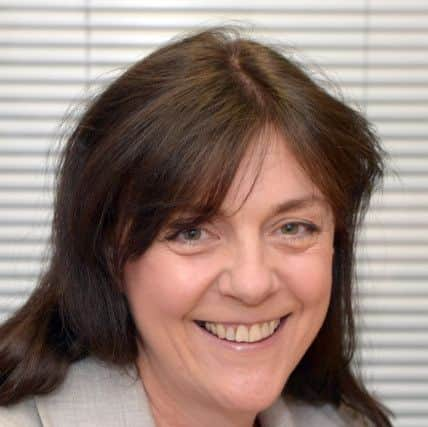

Advertisement
Hide AdAdvertisement
Hide AdMany of these schools are doing amazing work. They are integrating communities and cultures, inspiring challenging pupils to want to learn and are making huge progress with children who are starting from a much lower academic position. But, sadly, league tables do not recognise this and teachers doing this great work are not getting the credit they deserve.
Sheffield needs to look at the education system in the city and be clear about what will work for the local economy. While we must recognise the importance of league tables, they are not painting the entire picture.
We need to take account of what our employers want, be aware of what employment opportunities are available in the city and aim to get children into those positions.”
David Owen, head of teacher education at Hallam University:
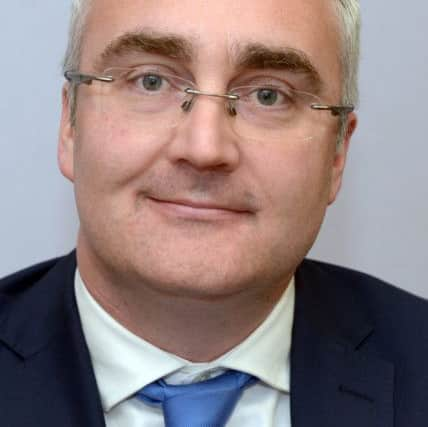

“Investment is the key to success. There was a scheme in the capital called The London Challenge. This was an improvement programme launched in 2003 which invested millions of pounds into schools over a period of around 10 to 15 years.
Advertisement
Hide AdAdvertisement
Hide AdThere was a huge amount of work to get teachers from good to outstanding, knowledge shared and a huge amount of support offered. And it worked.
In the meantime, education in Sheffield has to be more united. Schools and academies should be learning more from each other, from research, from universities, colleges and employers.
It’s about building those connections and ensuring that pupils are qualified for the work opportunities that are here in the city when they leave school.


While there are already efforts for sharing best practice, this could easily be boosted in the coming weeks and months.”
Advertisement
Hide AdAdvertisement
Hide AdSarah Mann, education consultant with more than 30 years’ experience:
“We have to accept each child is different and the one size fits all examination process does not work for everybody – especially children in less affluent areas.
Parents who have been through university know how to play the education game, they can guide their children through the system. But parents who haven’t had this experience can’t do so.
The current testing system for pupils is not fit for purpose in a modern world and does not necessarily reflect a child’s full potential. We have to look at the curriculum also, as it is outdated in many respects. We need to find a way of making learning more meaningful for children.
Advertisement
Hide AdAdvertisement
Hide AdSimply telling children that they have to know this is not going to inspire them. But by saying you have to know this to become a nurse, for instance, then straight away the lessons become more relevant.”
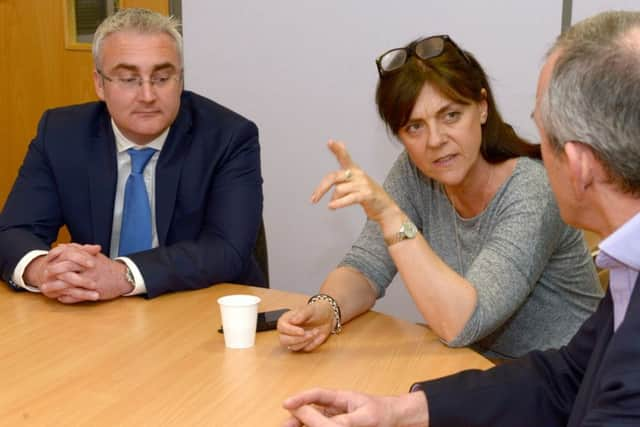

Professor Dan Goodley, education specialist at The University of Sheffield:
“The marketisation of education, combined with austerity measures, is providing the perfect storm for underachievement.
At one point it would just be the local authority, like Sheffield Council, which was the sole education authority of an area. But the problem we have now is that some schools are under local authority, some academies are alone, some academies are linked – there is not enough unity within the current system. There are groups in the city aiming to achieve this, but more has to be done. You will see some fantastic examples of inclusive learning in deprived areas of Sheffield.
Advertisement
Hide AdAdvertisement
Hide AdThis does not always come out in the exam results, though. Teachers who are doing brilliant work in the city are never being praised for it, so they leave the profession and that is not right.
The Government is constantly moving the goalposts.
VIEWPOINT:
David Owen, head of teacher education at Hallam University:
“Investment is the key to success. There was a scheme in the capital called The London Challenge. This was an improvement programme launched in 2003 which invested millions of pounds into schools over a period of around 10 to 15 years.
There was a huge amount of work to get teachers from good to outstanding, knowledge shared and a huge amount of support offered. And it worked.
In the meantime, education in Sheffield has to be more united. Schools and academies should be learning more from each other, from research, from universities, colleges and employers.
Advertisement
Hide AdAdvertisement
Hide AdIt’s about building those connections and ensuring that pupils are qualified for the work opportunities that are here in the city when they leave school.
While there are already efforts for sharing best practice, this could easily be boosted in the coming weeks and months.”
Sarah Mann, education consultant with more than 30 years’ experience:
“We have to accept each child is different and the one size fits all examination process does not work for everybody – especially children in less affluent areas.
Advertisement
Hide AdAdvertisement
Hide AdParents who have been through university know how to play the education game, they can guide their children through the system. But parents who haven’t had this experience can’t do so.
The current testing system for pupils is not fit for purpose in a modern world and does not necessarily reflect a child’s full potential. We have to look at the curriculum also, as it is outdated in many respects. We need to find a way of making learning more meaningful for children.
Simply telling children that they have to know this is not going to inspire them. But by saying you have to know this to become a nurse, for instance, then straight away the lessons become more relevant.”
Professor Dan Goodley, education specialist at The University of Sheffield:
Advertisement
Hide AdAdvertisement
Hide Ad“The marketisation of education, combined with austerity measures, is providing the perfect storm for underachievement.
At one point it would just be the local authority, like Sheffield Council, which was the sole education authority of an area. But the problem we have now is that some schools are under local authority, some academies are alone, some academies are linked – there is not enough unity within the current system. There are groups in the city aiming to achieve this, but more has to be done. You will see some fantastic examples of inclusive learning in deprived areas of Sheffield.
This does not always come out in the exam results, though. Teachers who are doing brilliant work in the city are never being praised for it, so they leave the profession and that is not right.
The Government is constantly moving the goalposts.